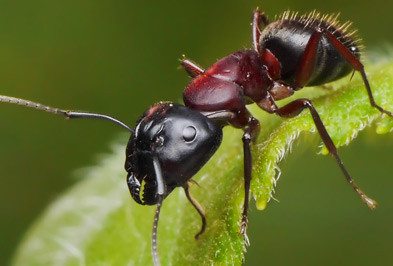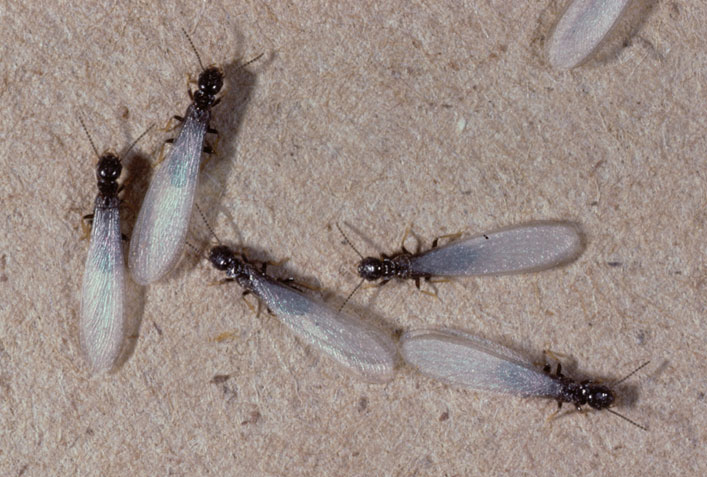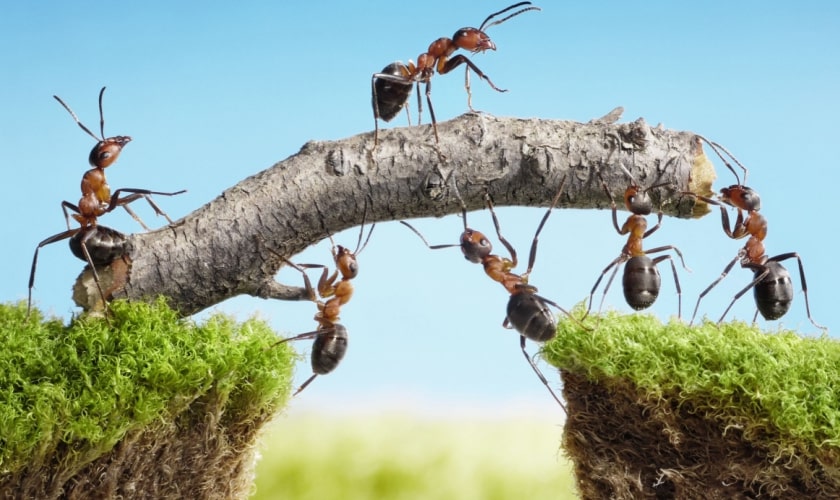Efficient Ant Control: Professional Services to Get Rid Of Ant Infestations
Efficient Ant Control: Professional Services to Get Rid Of Ant Infestations
Blog Article
Ecological Effect of Insect Control: Balancing Efficiency With Sustainability
The ecological effect of insect control is a critical problem that requires a fragile equilibrium between accomplishing performance in managing pests and guaranteeing sustainability of our environments. As we aim to protect our crops, homes, and wellness from the risks positioned by pests, the approaches we employ can accidentally hurt the atmosphere. From the use of hazardous chemicals that permeate into our dirt and water to the unexpected consequences on non-target varieties, the consequences of conventional insect control practices are far-reaching. There are arising methods that offer hope for a much more lasting approach to pest monitoring. These remedies not just aim to attend to the prompt insect problems yet also consider the long-term wellness of our earth.
Harmful Chemicals in Insect Control
The usage of dangerous chemicals in bug control postures substantial ecological and wellness dangers that call for cautious consideration and mitigation approaches. Pesticides, herbicides, and pesticides are commonly made use of to get rid of parasites, yet their extensive application can result in unintended consequences. These chemicals can contaminate dirt, water resources, and the air, affecting not only the targeted parasites yet additionally valuable pests, wild animals, and people.

To attend to these dangers, incorporated insect management (IPM) methods are being promoted as a much more sustainable alternative. IPM includes a combination of methods such as biological control, environment manipulation, and the targeted use pesticides as a last option (ant control belmont nc). By taking on an all natural strategy to pest control, we can minimize the environmental and wellness effects connected with damaging chemicals while efficiently managing pest populaces
Influence On Non-Target Variety
Considering the unexpected effects of insect control approaches, the effect on non-target varieties is a crucial aspect that calls for comprehensive examination. While bug control steps intend to target specific parasites, various other organisms in the ecological community may be inadvertently impacted. Non-target species, consisting of valuable pests, birds, animals, and also plants, can endure straight or indirect damage from chemical applications or biological control approaches.
Pesticides can have sub-lethal or lethal impacts on non-target species. For instance, insecticides made to fight a certain insect parasite may hurt pollinators like or all-natural predators such as ladybugs. Furthermore, chemical deposits can accumulate in the atmosphere, influencing non-target microorganisms with time. Similarly, organic control agents, if not species-specific, can pose dangers to unintentional targets, interfering with the ecological balance.
To mitigate the influence on non-target species, integrated parasite administration (IPM) approaches that highlight an all natural technique to pest control are suggested. These approaches focus on the usage of eco-friendly techniques, decreasing injury to helpful microorganisms while properly taking care of pest populaces. Carrying out thorough threat analyses and monitoring the outcomes of parasite control initiatives are necessary actions in securing non-target types and promoting total ecological community wellness.
Soil and Water Contamination
Unexpected environmental consequences of parasite control techniques expand beyond affecting non-target species, with considerable effects for soil and water contamination - termite control services. Pesticides, herbicides, and chemical fertilizers utilized in bug control can leach into the soil and pollute groundwater, posing a risk to both earthbound and aquatic ecological communities.
Water contamination is an additional essential concern linked with parasite control techniques. To reduce soil and water contamination from insect control activities, integrated parasite monitoring approaches that prioritize sustainability and reduce chemical inputs are important.
Air Contamination From Pesticide Use
Direct exposure to air-borne chemicals throughout farming applications presents a considerable worry for air pollution control measures. Furthermore, pesticide drift, where pesticides are brought by the wind to unintended locations, can lead to the contamination of neighboring communities and water bodies.

Strategies for Lasting Parasite Control
In the realm of agricultural methods, applying lasting pest control methods is extremely important for maintaining eco-friendly balance and safeguarding crop yields. Lasting bug control stresses making use of eco-friendly approaches to manage pest populations successfully while decreasing injury to non-target microorganisms and communities. Integrated Bug Monitoring (IPM) is an extensively adopted approach that combines biological, cultural, physical, and chemical control approaches to achieve long-term insect management services.
One secret method in sustainable insect control is promoting biodiversity within agroecosystems. By improving natural enemies of pests, such as parasitoids and killers, farmers can minimize the demand for artificial chemicals. Crop rotation and diversification are additionally reliable methods to interfere with pest life process and produce less favorable conditions for parasites to grow. In addition, utilizing pest-resistant plant varieties and employing strategies like catch cropping can help lower pest pressure without relying greatly on chemical treatments. Inevitably, by incorporating these lasting parasite control methods, farmers can accomplish an equilibrium in between pest administration effectiveness and ecological stewardship.
Final Thought
To conclude, the ecological impact of parasite control methods have to be very carefully considered to stabilize efficiency with sustainability. Hazardous chemicals utilized in insect control can ant control lewisville nc lead to dirt and water contamination, air pollution, and damage non-target species - termite control services. It is vital to implement lasting parasite control techniques to lessen these unfavorable results on the environment and promote a much healthier ecosystem for future generations
By embracing an all natural approach to pest control, we can reduce the ecological and wellness impacts connected with dangerous chemicals while effectively managing pest populations.

To minimize the air pollution created by chemical usage, it is necessary to adopt incorporated insect monitoring techniques that focus on the use of non-chemical pest control approaches, such as crop turning, natural killers, and immune crop selections. Sustainable parasite control emphasizes the usage of environmentally pleasant methods to take care of insect populations successfully while lessening harm to non-target microorganisms and ecological communities. Integrated Parasite Management (IPM) is a commonly taken on method that incorporates biological, cultural, physical, and chemical control methods to accomplish lasting pest administration remedies.
Report this page